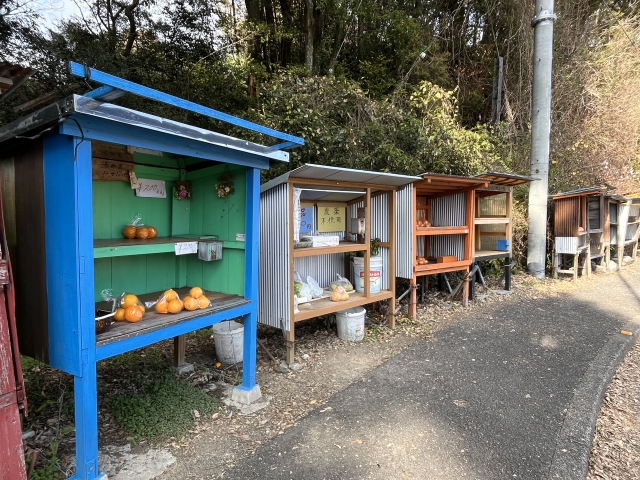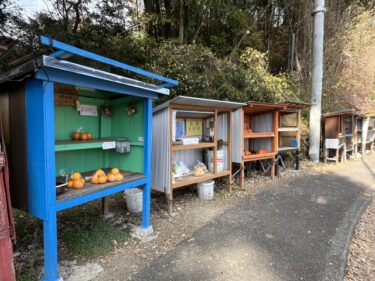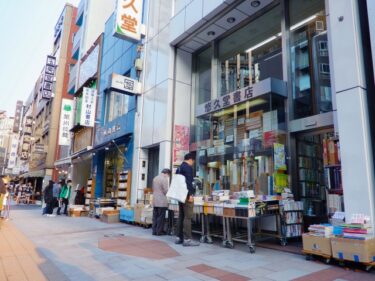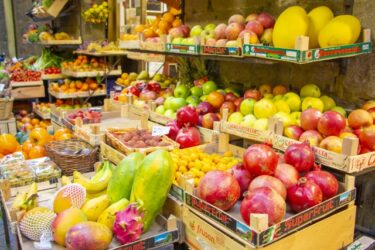Introduction
In Japan, there are numerous unmanned farm stands where you can buy fresh vegetables, fruits, and other locally grown produce. Simply select your items and place the payment into a small box or tray left out for this purpose. This system, built on an honor code, often surprises foreign visitors, who wonder how it works so seamlessly in today’s world. Surprisingly, stories of unpaid-for items are rare. So, what makes this trusting system possible in Japan? Let’s explore the reasons behind this unique tradition.
Japan’s Honor-Based Unmanned Farm Stands
1. How It Works: Trust and Convenience
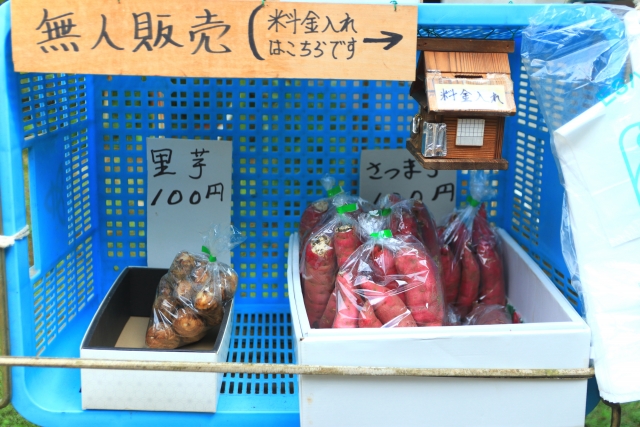
In rural Japan, it’s common to find small stands along roadsides or in neighborhoods where farmers leave fresh produce for sale. There’s usually a sign indicating the price and a small box or tray for payments. This “trust box” system operates without any direct oversight, relying entirely on customers’ honesty. The simplicity and convenience of the setup appeal to both buyers and sellers.
2. Why the System Works: Cultural and Community Values
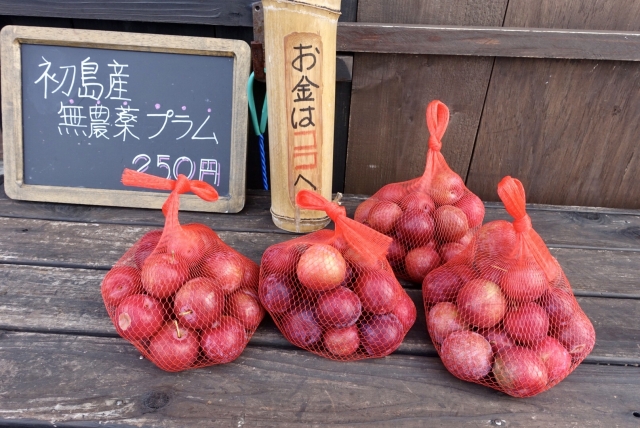
One reason unmanned farm stands succeed in Japan is the country’s deep-rooted cultural values around trust, community respect, and mutual accountability. Japanese people are generally brought up with a strong sense of duty and morality, which extends to supporting local farmers and the community as a whole. The concept of “meiwaku o kakenai” (not causing trouble for others) plays a role, as it discourages people from taking items without payment.
3. The Sense of Being Watched: An Invisible Deterrent
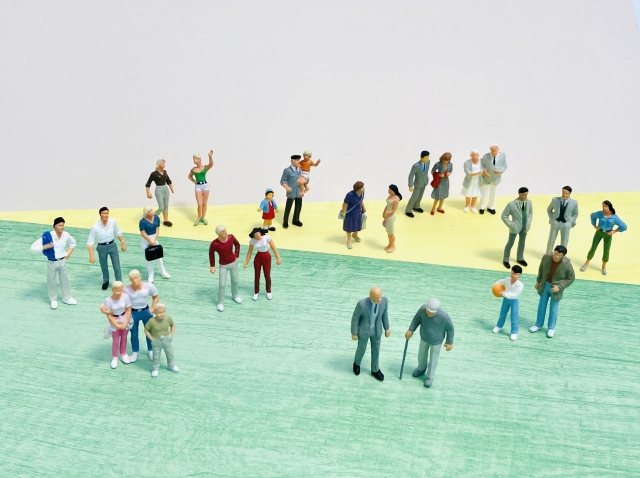
Although these stands don’t have staff or visible security cameras, people might still feel watched by the community. Even without anyone around, the knowledge that neighbors or passersby could see them creates a subtle deterrent against dishonesty. Some stands may indeed have security cameras, but often it’s simply the sense of mutual trust and accountability that keeps the system going.
4. A Community-Based System Built on Trust
For many Japanese, these farm stands are not just a way to buy fresh produce but also a form of community interaction. Local farmers trust that their neighbors and passersby will support them honestly, and this mutual respect strengthens the bond between residents. The system may appear risky, but it reflects Japan’s commitment to community harmony and respect.
Conclusion
Japan’s unmanned farm stands showcase a fascinating trust-based system that speaks to the country’s cultural values of respect, honesty, and community responsibility. This system, which may seem extraordinary in other countries, succeeds because of Japan’s strong sense of mutual trust and respect. For both locals and visitors, these stands are more than just a way to buy produce—they are a symbol of community harmony and the enduring belief in human decency. This unique practice provides a glimpse into Japanese culture, reminding us that sometimes, the simplest systems are the most profound.

